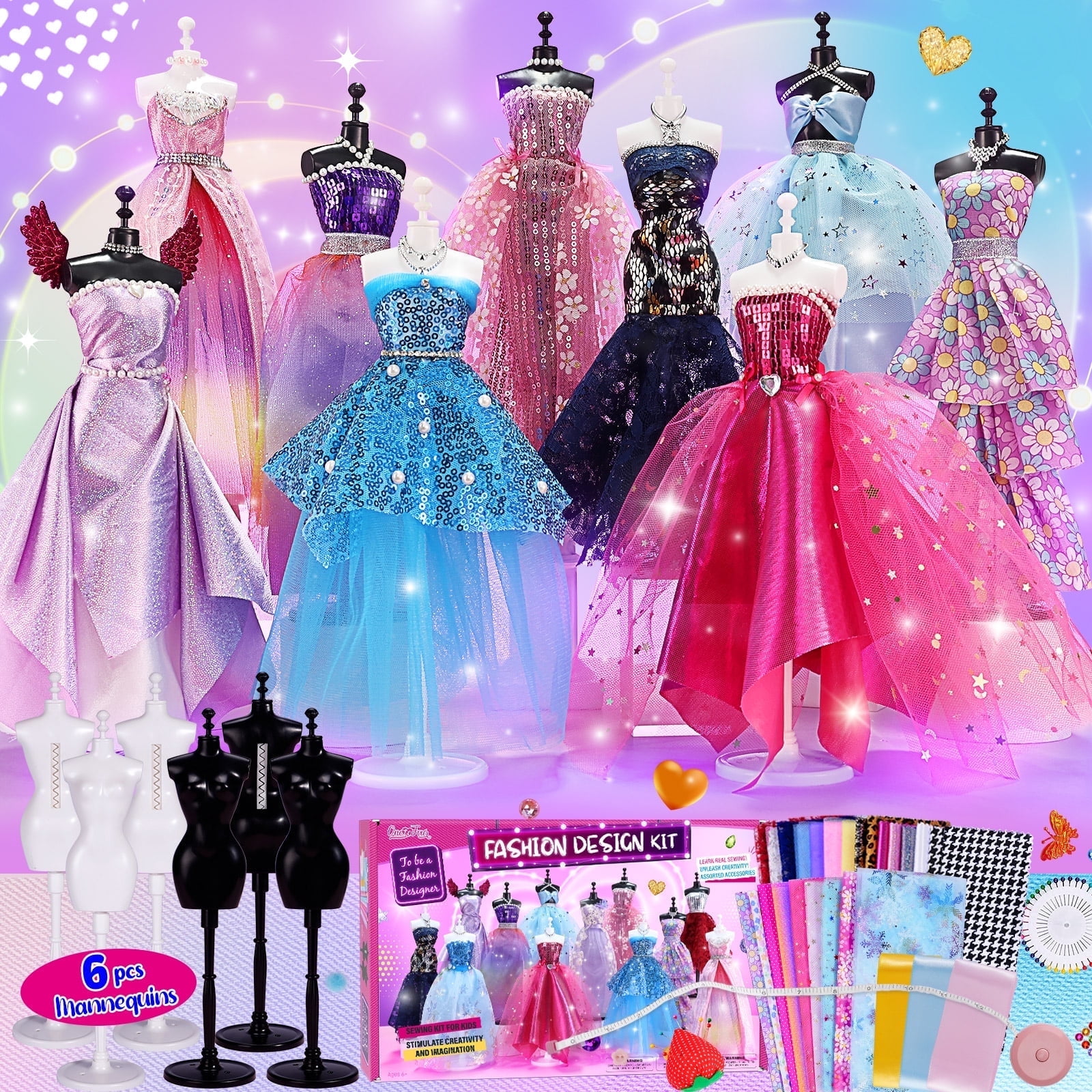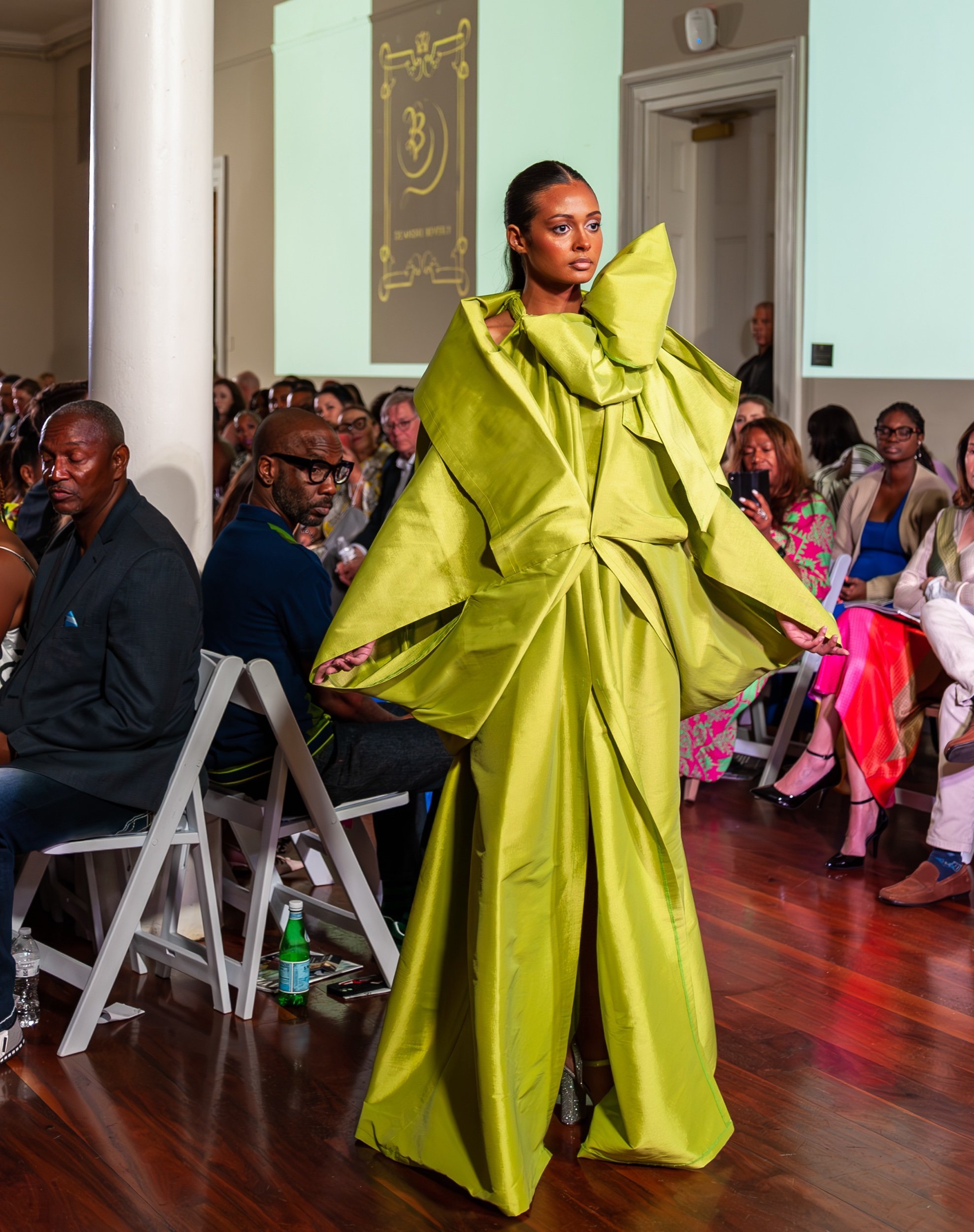Fashion Meets Function in the New Summer Line at Sedgars
Fashion Meets Function in the New Summer Line at Sedgars
Blog Article
The Impact of Sustainable Practices on Modern Fashion Styles
Lasting practices have actually improved contemporary fashion, driving a shift towards environmentally friendly products and ethical production. Designers currently prefer organic cotton, recycled fabrics, and ingenious fabrics. Upcycling has actually transformed waste into distinct garments, while transparency in sourcing has actually come to be crucial. This evolution shows a growing understanding among consumers concerning their getting selections. As the industry adapts, new patterns arise that challenge conventional looks. What might the future hold for style in this structure?
The Rise of Eco-Friendly Materials
Just how have environmentally friendly materials transformed the fashion business? The appearance of eco-friendly products has substantially improved style, driving brands to reassess their sourcing and manufacturing procedures. These sustainable alternatives, including natural cotton, hemp, and recycled polyester, supply a lowered ecological impact contrasted to conventional fabrics. Designers are now focusing on these products, identifying that customers progressively favor brands committed to sustainability.This shift has actually caused innovative approaches, where style homes explore biodegradable textiles and all-natural dyes, enhancing both aesthetic appeal and environmental responsibility. On top of that, cooperations between developers and sustainability-focused companies have actually accelerated the combination of environment-friendly materials into mainstream collections.As an outcome, the garment industry is seeing a profound however steady adjustment, relocating towards a more lasting future. This dedication not only reflects progressing consumer values but likewise demonstrates the potential for fashion to lead in environmental stewardship.
Upcycling: Transforming Waste Into Fashion
Upcycling has emerged as a transformative force in the garment industry, transforming discarded products right into desirable garments and devices. This innovative technique not just reduces waste however additionally encourages imagination and creativity among developers. By repurposing products such as old clothing, fabric scraps, and even non-textile materials, upcycling develops one-of-a-kind items that tell a story, mirroring specific style and environmental consciousness.Many contemporary brand names and independent designers have embraced upcycling as a core method, interesting customers who value sustainability and originality. The process usually involves techniques like patchwork, reconfiguration, or embellishment, enabling unlimited opportunities in style. Consequently, upcycled style resonates with those looking for to make ecologically accountable choices while still sharing personal aesthetics.In essence, upcycling not only minimizes the environmental impact of fashion waste yet additionally fosters a new society of innovation and gratitude for workmanship within the industry.
Moral Manufacturing: Fair Labor and Transparency
Ethical manufacturing in style stresses the relevance of reasonable earnings for employees, guaranteeing that laborers get simply compensation for their initiatives. Transparency in supply chains is vital, allowing consumers to comprehend the beginnings of their garments and the conditions under which they are made. Furthermore, honest sourcing techniques advertise responsibility in picking materials, reinforcing the commitment to sustainability and social justice.
Fair Salaries for Employees
While the garment industry significantly accepts lasting methods, ensuring reasonable earnings for workers stays an essential part of honest production. Fair incomes not just equip workers yet also boost the overall quality of life for people in the supply chain. Several brands are currently embracing plans that prioritize equitable settlement, recognizing that a sustainable future can not be developed on exploitation. By committing to reasonable pay, business cultivate loyalty and improve productivity among their employees (Sedgars South Africa). In addition, consumers are becoming much more familiar with labor concerns and are significantly demanding transparency relating to workers' rights. As a result, brand names that focus on reasonable wages are not just straightening with moral requirements yet are likewise positioning themselves competitively in a market that values social obligation
Openness in Supply Chains
The dedication to fair salaries is intrinsically linked to the more comprehensive issue of openness in supply chains within the garment industry. Openness warranties that customers are informed concerning the beginnings of their garments and the problems under which they are produced. Brand names that focus on openness often release comprehensive records describing their supply chain processes, labor practices, and sourcing of materials. This visibility fosters count on and commitment among consumers that progressively require honest techniques. Transparency assists to hold firms liable for their labor practices, allowing scrutiny and encouraging improvements. By revealing the complexities of their supply chains, brand names can add to a much more equitable style community, eventually advertising not only honest production but also lasting consumption amongst their clients.

Honest Sourcing Practices
As consumers become much more mindful of the effect of their acquiring choices, brand names are increasingly taking on honest sourcing techniques that focus on reasonable labor and environmental sustainability. These techniques include making certain that employees receive fair wages, risk-free working conditions, and are treated with self-respect. Numerous style business are relocating far from exploitative labor methods and are instead teaming up with suppliers who abide by moral criteria. Transparency in sourcing additional enhances customer depend on, as brand names disclose their supply chain methods, permitting clients to make enlightened options. This shift in the click for source direction of honest sourcing helpful site not only contributes to social duty but likewise reverberates with a growing group that values sustainability in style. As a result, honest sourcing is coming to be a defining feature of contemporary style brands.
The Duty of Modern Technology in Sustainable Fashion
Although the fashion business has actually long been related to waste and air pollution, innovation is progressively changing it right into an extra lasting sector. Advancements such as 3D printing enable developers to create garments with less product waste, while digital material printing permits on-demand production, minimizing excess supply. Additionally, advancements in reusing modern technologies are facilitating the repurposing of textiles, decreasing garbage dump contributions.In enhancement, information analytics and expert system help brands anticipate patterns much more precisely, ensuring they create just what is required. Blockchain modern technology enhances transparency in supply chains, enabling consumers to trace the beginnings of their clothes and confirm sustainable methods. In addition, wearable modern technology is progressing, promoting durability and functionality in fashion items. Through these technological improvements, the fashion business is progressively taking on an extra round economy model, fostering sustainable methods that can redefine its ecological effect.

Mindful Consumerism: Changing Customer Mindsets
Aware consumerism is reshaping the garment industry as customers progressively focus on honest fashion choices. This shift is driven by a demand for openness, engaging brand names to reveal their practices and supply chains. Consequently, brand name loyalty is evolving, with customers extra likely to sustain those that line up with their values.
Moral Style Selections
Changing purchaser frame of minds in the direction of ethical style selections reflects a growing understanding of the influence of consumer habits on the setting and culture. Customers are progressively prioritizing brands that highlight moral manufacturing techniques, sustainable products, and reasonable labor problems. This change is fueled by a need to sustain companies that straighten with individual worths, advertising an extra accountable apparel industry. Therefore, brand names are adapting their methods, including openness and sustainability right into their core objectives. Moral fashion choices not just challenge traditional retail practices however also encourage customers to assess the lifecycle of their garments. This shift signifies a collective step towards a much more mindful approach to style, where the ramifications of purchases prolong beyond mere looks to encompass broader environmental and social factors to consider.
Influence of Openness

Brand Name Loyalty Shift
What drives customers to continue to be devoted to brands in today's style landscape? Increasingly, sustainability plays a pivotal duty. As awareness of environmental issues grows, customers are gravitating in the direction of brands that show honest practices and openness. This change towards conscious consumerism has resulted in a reevaluation of typical brand name commitment, where worths align extra very closely with individual principles. Brands that focus on sustainable products, reasonable labor practices, and eco-friendly manufacturing methods are often awarded with customer loyalty. This evolution is mirrored in purchasing choices, as customers are much more willing to sustain brand names that add positively to society. Sustainability has actually become not just an advertising device, but a specifying element in developing lasting brand name links with a much more socially conscious and discerning customer base. Mindful The Impact of Lasting Fashion on Patterns
As consumers progressively focus on sustainability, the fashion market is experiencing a significant improvement in trends. This change has led to the surge of eco-friendly products, such as natural cotton, recycled polyester, and innovative fabrics originated from lasting resources. Designers are increasingly concentrated on creating versatile, long-lasting garments that urge mindful usage, moving away from rapid fashion's fleeting styles.Moreover, honest practices are coming to be a characteristic of brand name identity, with numerous business highlighting their dedication to fair labor and environmental stewardship. The influence of sustainable fashion is additionally apparent in the popularity of second hand shopping and garments swaps, promoting a circular economic climate and decreasing waste.Fashion programs and projects currently typically feature sustainable collections, highlighting the aesthetic appeal of eco-conscious selections. Overall, the impact of sustainable style on fads reflects a more comprehensive social change in the direction of liable consumerism, shaping the future of the sector in extensive means.
Future Innovations in Eco-Conscious Style
The development of lasting fashion trends lays the groundwork for future advancements in eco-conscious design. As customers increasingly focus on ecological obligation, designers are discovering sophisticated products and techniques. Biodegradable materials, such as mycelium and algae-based textiles, are obtaining grip, assuring to lower waste and dependence on petroleum-based fibers.Moreover, advancements in technology are leading the means for ingenious production techniques. 3D printing, as an example, enables on-demand production, minimizing excess inventory and source usage. Circular style designs are additionally emerging, stressing recycling and upcycling, enabling garments to have actually expanded life cycles.Collaboration in between brand names and modern technology firms is essential for these advancements. By leveraging data analytics and fabricated knowledge, developers can produce a lot more lasting supply chains and minimize their carbon impacts. As eco-conscious methods continue to develop, they essentially transform the style landscape, pressing the boundaries of creative thinking while securing the planet.
Regularly Asked Inquiries
How Can I Recognize Lasting Fashion Brands When Buying?
To identify lasting style brand names while purchasing, one should try to find certifications, inspect materials, evaluate manufacturing openness, and study brand values. Sedgars. Engaging with customer reviews and sustainability reports can additionally lead enlightened getting choices
Are Second-Hand Garments Thought About Sustainable Style?
Used clothing are often considered as sustainable style as a result of their role in decreasing waste and prolonging the lifecycle of garments. By buying used products, consumers add to a much more environment-friendly garments economic situation.
What Is the Ecological Impact of Fast Fashion?
The ecological impact of quick fashion is considerable, adding to air pollution, too much waste, and resource deficiency. The market's quick production cycles typically prioritize revenue over environmental sustainability, worsening climate modification and damaging environments worldwide.
How Do Lasting Practices Affect Fashion Pricing?
Lasting practices typically cause greater manufacturing expenses because of honest sourcing and eco-friendly materials. Sedgars Designer Fashion. Subsequently, fashion prices might enhance, reflecting the investment in environmental responsibility and reasonable labor methods, which can influence consumer buying decisions
Can Lasting Fashion Be Elegant and Fashionable?
The concern of whether sustainable style can be trendy and stylish commonly occurs. Lots of developers currently blend environment-friendly products with innovative styles, showing that sustainability and contemporary aesthetic appeals can exist together, attracting a fashion-conscious audience. Sustainable techniques have improved modern-day fashion, driving a shift towards environment-friendly products and moral production. While the style market significantly accepts sustainable practices, making sure reasonable salaries for workers remains an important part of moral manufacturing. Mindful consumerism is reshaping the fashion industry as buyers significantly prioritize ethical fashion selections. The influence of sustainable fashion is also apparent in the appeal of thrift buying and clothes swaps, reducing and promoting a circular economy waste.Fashion programs and projects now commonly include lasting collections, highlighting the visual allure of eco-conscious choices. To recognize sustainable style brand names while buying, one ought to look for qualifications, look at products, assess production transparency, and research brand name worths.
Report this page